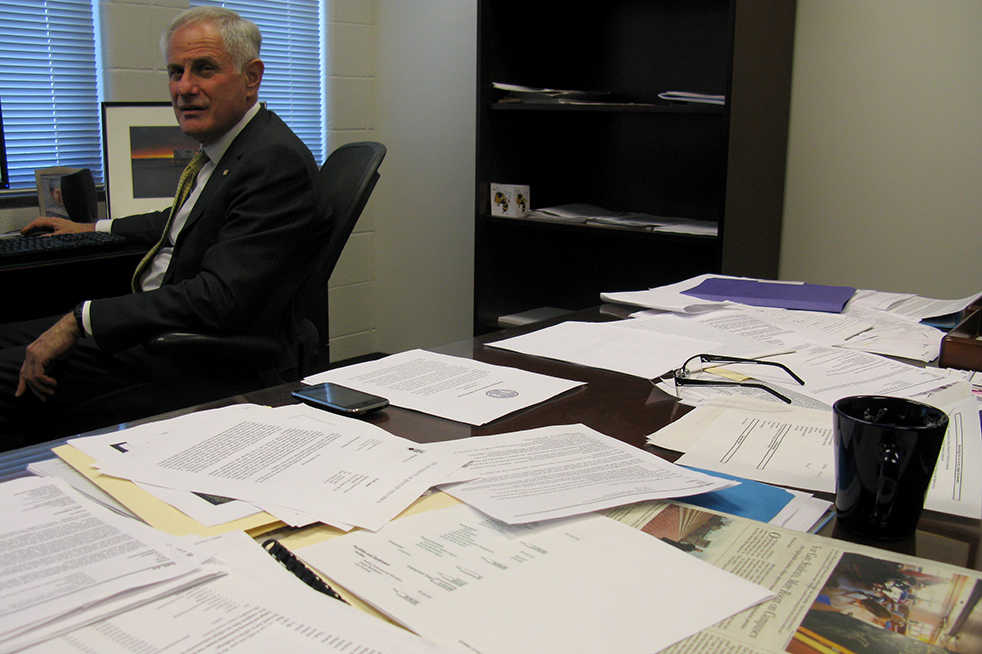At a meeting of Faculty Senate this past Tuesday, changes to CIOS were discussed. SGA leaders proposed the integration of quantitative data from CIOS into Course Critique as well as written responses to CIOS from students would be also sent to the Dean of the professor’s college. While the first component was supported, the Faculty Senate opposed the second measure. Citing the “Yelp effect” — the phenomenon that only polarized reviews will be submitted and/or seen — among other reasons, it seemed unclear whether the second measure would pass if the proposal came to a vote. But instead of a vote taking place, Tech President G.P. “Bud” Peterson stepped in and made the decision to create a task force in order to handle the contentious issue. Regardless of how that pans out, faculty opposition to wider viewing of CIOS results is exactly indicative that it is the correct course of action. The purpose of CIOS is to provide for better teaching in the future. If Deans have access to written comments from students, it stands to reason that flaws could be identified more easy than with simple checkbox data. As it stands now, no one is reading the responses besides the professors themselves. In addition, the narrative that polarizing written reviews ruins legitimacy may be a real sentiment, but it is also patronizing to students, who are being judged as a group with that argument to be vindictive and petty. It also could very easily lead one to the conclusion that professors already put little to no stock on written responses submitted to CIOS. If so, are they only an option to make students feel better? All of this is not to say professors cannot be trusted to regulate themselves, but instead that some may need a push in the right direction. Quality of teaching only stands to increase over time with the proposed change.
Deans need CIOS written responses
